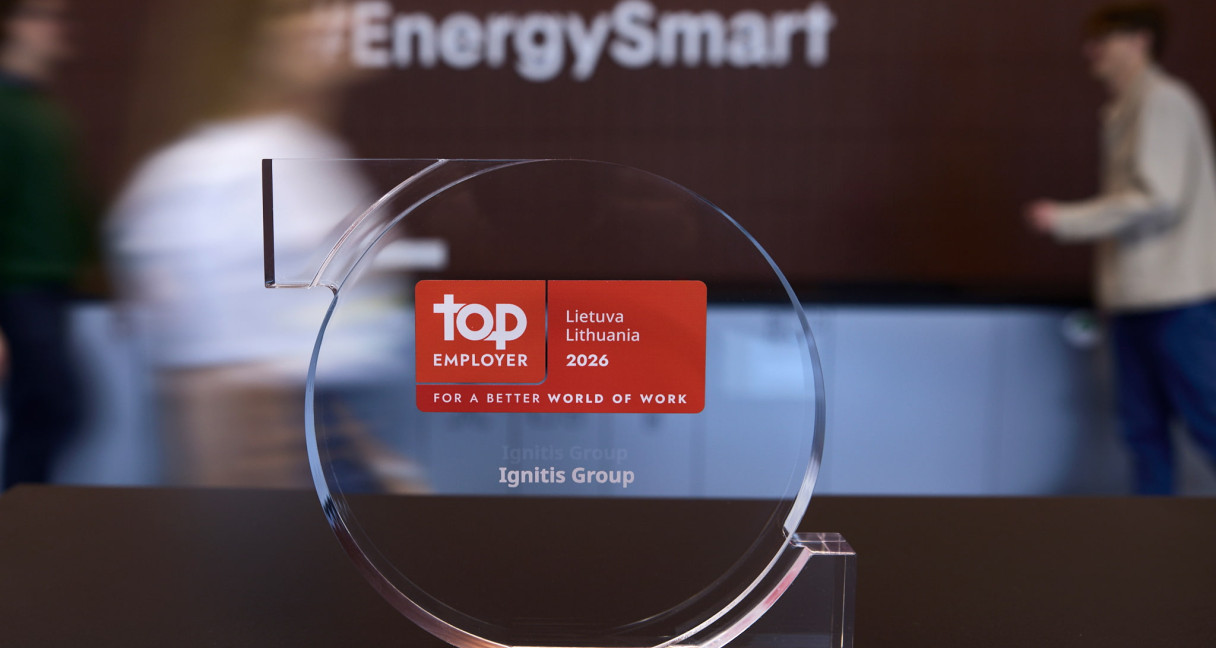9 of 10 Lithuanian residents save electricity
Lithuanians tend to save energy resources both at home and their workplaces. The share of employed respondents who claimed they save electricity at their workplaces make up 75%, and as many as 89% of the consumers save electricity at home, as revealed by Energijos tiekimas-commissioned and Spinter tyrimai-conducted survey.
The survey showed that individuals with higher income and university and higher education degree are more prone to save energy at their workplaces. Within home environment, differences in income and education level disappear, as individuals with both university degree and secondary education save energy.
Representatives of all age groups tend to limit their energy consumption, but senior people constitute a larger share of those who save electricity. Electricity saving is the custom with nearly 80% of respondents in the age group up to 25 years old and even 96% of older than 56 years, as revealed by the surveyed.
“The cost-benefit principle – consume less, pay less – is the best explanation for electricity saving at home in Lithuania. While electricity saving at work indicator, although somewhat lower, looks a positive thing: in many cases it is done based on the very idea of saving, as there are often no direct economic incentives for staffs to do it,” Vidmantas Salietis, the head of Energijos tiekimas says.
Companies can increase their savings
According to Salietis, saving programs within companies, such as smart lightening solutions or special staff training have positive effect on lowering energy consumption. The survey results revealed that more than half of companies (55%) use electricity saving light bulbs. More than one fifth of them (22%) have installed smart lightening solutions such as automatic lightening control based on the level of natural light or motion detection. Nearly every one in four companies encourages their employees to save energy by offering training, issuing instructions, and using information posters or signs.
“Although Lithuanians are prone to save electricity at their workplaces even when there are no direct incentives or special solutions for doing it, companies still have room for cutting their electricity bills by the help of extra staff training, smart decisions or tariffs that meet their needs best. For instance, the electricity consumption by companies in the Lithuanian industrial sector makes up about 3.8 TWh in 2015. If this figure was reduced by just 1%, the companies could save EUR 1.7m,” the head of Energijos tiekimas stated.
Public opinion and market research company Spinter tyrimai conducted the public opinion survey based on Omnibus method on 23 to 31 August and among residents of age group from 18 to 75. The survey was conducted by applying a standardized interviewing method. It was carried out on all the territory of Lithuania, at 65 selective points spread to represent the country’s whole territory. 1,012 respondents were interviewed. The research results error is 3.1%.




